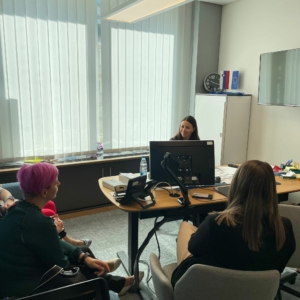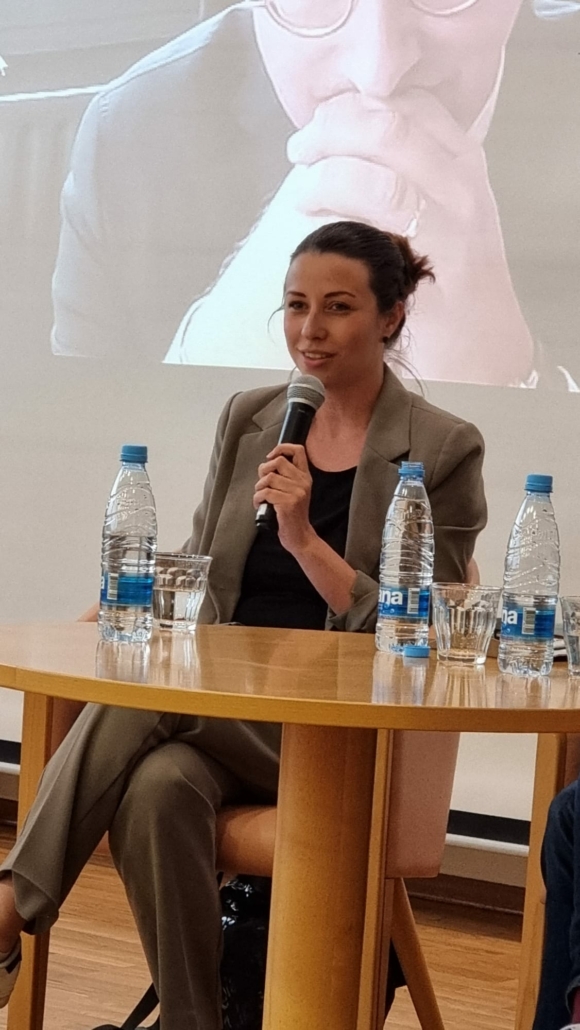On Monday 17 July 2023, MEP Irena Joveva took part in the exchange of views between the European Parliament’s Committee on Culture and Education and the European Commission on the implementation of the European Solidarity Corps programme, for which she is rapporteur on behalf of her political group Renew Europe. The MEP made it clear in her statement that volunteering is the backbone of our society and will become even more vital in the future. At the same time, she highlighted certain shortcomings of the programme that need to be addressed and remedied. It is an excellent programme, she declared, but there is still a lot of room for improvement.
According to Joveva, this is an opportune time to tackle the deficiencies of the programme, as we are halfway through and there has been enough time to figure out what to do and how.
She then pointed out the need to raise the profile of the programme, and broached the financial difficulties, as contributions have not kept pace with inflation, leaving organisations and volunteers often struggling for survival.
At the same time, many of the issues are digital and technological. As Joveva noted, existing digital tools, specifically the search and match criteria, are not user-friendly. The same applies to the online language support system. She called on European Commission representatives to address the issue properly.
She also touched on the process of obtaining a quality label, which is lengthy and complex, while the labels are not available in all EU languages:
“It would be welcome and, above all, fair to all citizens of the Union that this is examined and rectified.”
Joveva also drew attention to the general funding of the programme:
“While budget resources are still low, we are seeing – contrary to the original plan – that more and more people are signing up for long-term activities. I really hope that the funding will be increased accordingly, so that we can provide all interested young people with a high-quality opportunity within the Solidarity Corps. Of course, I am aware that there are constraints on the MFF, but I nevertheless want to make sure that our programmes do not lose what they have already got.”
The MEP concluded her speech on an optimistic note, saying that she is looking forward to continuing work on the programme, as she is confident that she and her colleagues will be able to respond to the challenges and propose workable improvements.
You can watch the full speech here.



